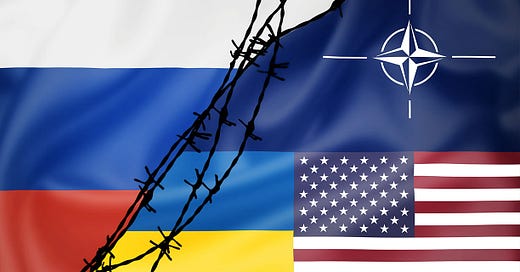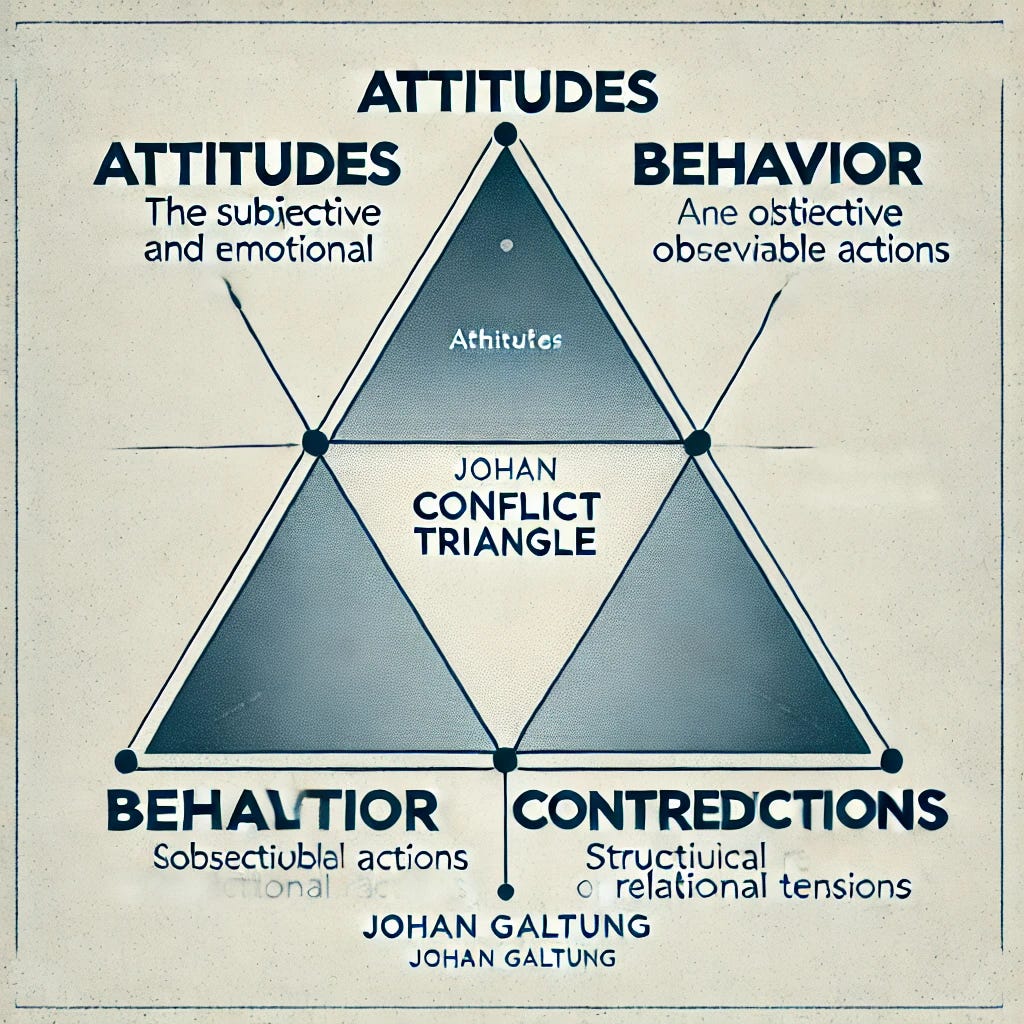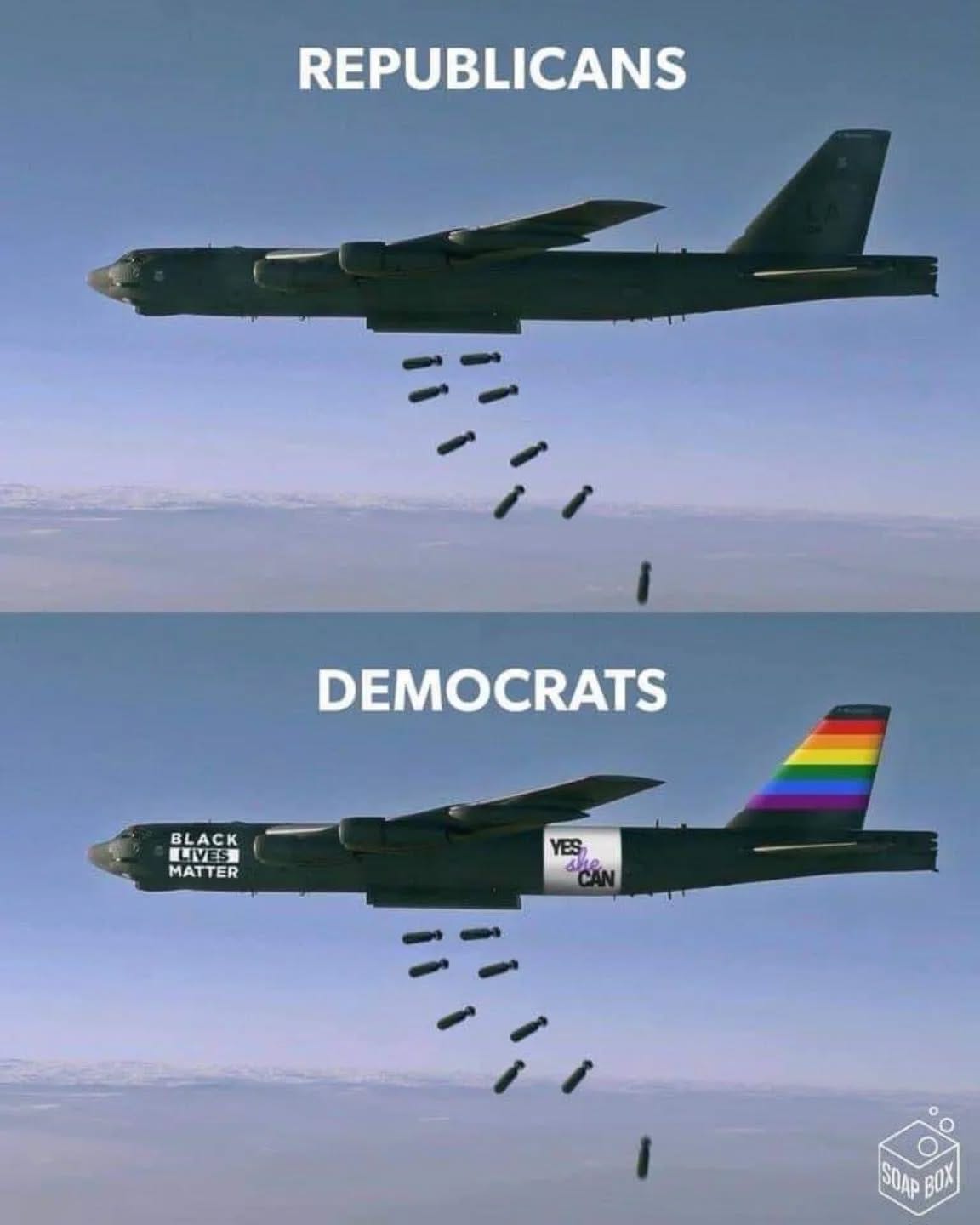NATO EXPANSION AND UKRAINE CONFLICT ANALYSIS
(a slightly revised and updated version of my paper presented at the 2024 Valdai annual conference)
In the summer of 1999, mere months after NATO bombed Yugoslavia without UN Security Council authorization, I attended a lecture by the late Professor Johan Galtung, the founder of peace studies. Known for his intellectual rigor and moral courage, Galtung did not shy away from bold statements. He declared: “This world has a problem. That problem has a name, and its name is the United States of America.”
A quarter-century later, his words resonate with unsettling prescience. Ukraine stands as a tragic example of a broader pattern. Following the supposed end of the Cold War, the U.S. positioned itself as the global arbiter of peace and democracy. Yet, rather than disbanding, NATO—unchecked by the USSR or the Warsaw Pact—embarked on a relentless expansion, cloaked in the rhetoric of spreading democracy and stability. Today, this alliance appears intent on morphing into a “global NATO,” effectively sidelining the United Nations. It has succeeded in convincing many that the UN is irrelevant, rendering it increasingly powerless in the face of global crises.
One of the most profound lessons I learned from Galtung was his framework for conflict analysis and transformation, centered on the “conflict triangle.” To understand any conflict, one must examine three interconnected elements: 1) the attitudes (A) of the involved parties, 2) their behavior (B), and 3) the **contradiction (C)**—the clash of incompatible goals or values. Meaningful conflict resolution, Galtung argued, requires three steps: diagnosis, prognosis, and therapy.
Yet, today’s world seems trapped in a cycle where even accurate diagnoses and sound prognoses fail to prevent catastrophe. The crisis in Ukraine, like the ongoing genocide in Palestine, was neither unforeseen nor unavoidable. However, the rush to focus on “therapy”—ending the violence—has led to a troubling paradox. In the Orwellian atmosphere of the so-called “collective West,” advocating for ceasefires, negotiations, or diplomatic solutions is often met with suspicion or outright hostility. As independent journalist Aaron Maté observed, “In NATO state media, there’s nothing more ‘controversial’ than a peace proposal.” This resistance to peace is not new. In 1982, Jonathan Schell warned in his seminal work on nuclear war that humanity finds it “much easier to dig our graves than to think about the fact that we are doing so.”
The political landscape shifted somewhat after Donald Trump’s electoral victory in November 2024. In his characteristic style—often leaving observers unsure whether he speaks from knowledge or impulse—Trump promised to end the war in Ukraine “in one day.” As his inauguration approached, he extended this deadline to six months. While his stance has reignited discussions about ending the conflict, the debate remains mired in pessimism. Headlines proclaim the “inevitability of war” or declare that “war is impossible to stop.” Such rhetoric, typical of geopolitical realists, overshadows the voices of peace researchers, who are often dismissed as utopian or naive. Yet, peace is not only possible—it is an existential necessity for humanity.
Applying Galtung’s conflict triangle to the Ukraine war, let us examine the attitudes (A) and behavior (B) of the key actors. Russia, while advancing militarily, has avoided the indiscriminate bombing of cities like Kyiv, unlike the U.S. or Israel, which have deliberately targeted civilian infrastructure in other conflicts. Moscow has consistently expressed openness to negotiation, even proposing a ceasefire deal in early 2022, which was reportedly sabotaged by Western actors. Ukraine, for its part, is exercising its right to self-defense under Article 51 of the UN Charter, though this does not absolve its forces of war crimes. However, the primary adversary in this conflict is not Ukraine but the West, which has turned Ukraine into a proxy battleground.
The West, however, is not a monolithic entity. Divisions within NATO and the EU reveal a lack of unanimous enthusiasm for endless war. Political forces advocating for peace are often branded as pro-Putin, disloyal, or aligned with right-wing populism. The coming months will be critical in determining whether Washington and Brussels can align their strategies. While Trump appears to be crafting a “peace plan,” NATO continues to escalate military spending and rhetoric, with its Secretary General promoting a “warlike mentality.” The Trump administration itself seems fractured: while the president seeks to position himself as a peacemaker, his Defense Secretary, Pete Hegseth, aims to restore a “warrior culture” in the Pentagon. Meanwhile, Secretary of State Marco Rubio has vowed to confront the so-called “Axis of Anger” (China, Russia, North Korea, and Iran), earning him the label of a Cold Warrior.
Turning to the contradiction (C), the root causes of the Ukraine war must be addressed. This conflict, like the Gaza genocide and the Arab Spring, is largely a product of Western expansionism and hubris. NATO’s eastward enlargement, particularly its push toward Ukraine, is a key manifestation of this trend. The Minsk agreements, as even Angela Merkel admitted, were never intended to prevent war but to buy time for military preparation. Putin’s 2007 speech at the Munich Security Conference warned of the consequences of this expansion, but his concerns were dismissed. Moscow argues that its actions in Ukraine are justified under the UN Charter as a defense of self-determination, while the West frames them as unprovoked aggression.
The Ukraine war reflects the broader collapse of the old international order and the painful birth of a new one. As Gramsci might have put it, this is a time of monsters. The solution lies in forging a new global order—one based on cooperation, equality, and peace. At the very least, a ceasefire and compromise could freeze the conflict, preventing further devastation and allowing Ukrainians to determine their own future.
If I were to echo Galtung’s style, I would rephrase his statement: “This world has a problem, and its name is the West—with NATO as the instrument of its imperial ambitions.” This critique extends to much of the European security architecture, including the Council of Europe and the OSCE. In the early days of Russia’s Special Military Operation in February 2022, the OSCE convened a virtual meeting to discuss responses. As a scholar from a country set to assume the OSCE chairmanship, I contributed an analysis framing the conflict as a proxy war between the West and Russia. Unsurprisingly, my perspective was dismissed, illustrating the Western bias and impotence embedded in these institutions.
The UN, once a beacon of global governance, is now portrayed as a dying institution. The EU, despite its Nobel Peace Prize, functions increasingly as a civilian arm of NATO, tethered to a declining American empire. EU officials often sound more hawkish than their U.S. counterparts, detached from reality in their aspirations for Europe to become a global power.
Today, the focus is on personalities rather than systemic issues. Trump, despite his claims of pragmatism, is unlikely to bring meaningful change. His transactional approach disregards human lives and environmental devastation, prioritizing profit over peace. The military-industrial-media-academic-entertainment complex thrives on perpetual conflict, making any hope for genuine progress from Washington or its allies seem naive.
In conclusion, there is a solution to this crisis: the rise of the World Majority. For any meaningful change to occur, NATO’s expansion must be halted. On its current path, the alliance risks not only its own destruction but also the destabilization of the entire world. The time has come to envision a new global order—one rooted in cooperation, equality, and peace. This vision demands a more comprehensive elaboration, but the first step is clear: we must break free from the cycle of imperialism and war.








Once again, spot on. Sadly...
Texts like yours give hope to those of us who refuse to buy into the twisted narratives of "liberal" propaganda, reassuring us that it's not our reason that's flawed, but that the emperor truly has no clothes. Please, keep writing!